Surprising Causes of Lung Damage

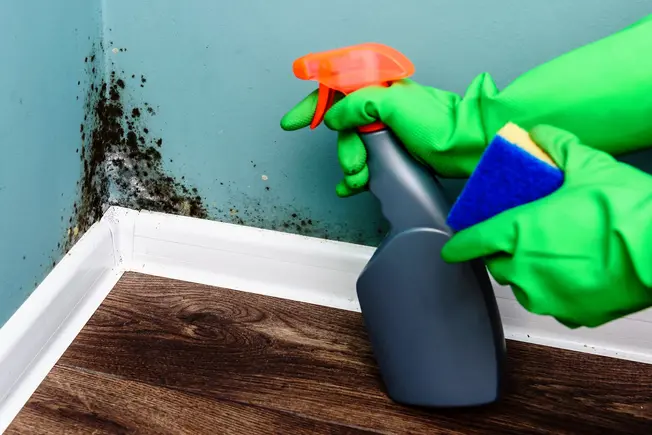
Mold
It's a type of fungus that puts tiny particles called spores into the air. They can sometimes cause serious lung infections if you have mold allergies, a lung condition such as chronic obstructive pulmonary disease (COPD), or a weak immune system -- your body's defense against germs. If you're sensitive to mold, fix any leaks in your home and avoid compost piles and lawns with clumps of cut grass.
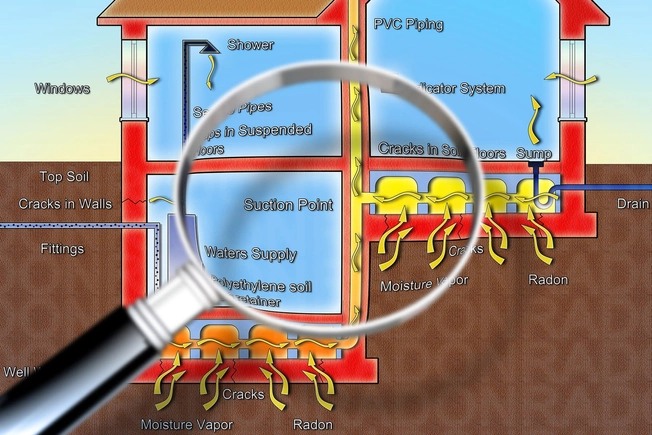
Radon
You can't smell, touch, or see this gas, but it's the No. 2 cause of lung cancer in the U.S. behind smoking. It's made when natural uranium in rock, soil, and water breaks down. It gets into buildings through cracks in floors and walls, and around plumbing and electrical wire. The radioactive particles in radon damage your lungs when you breathe them in or swallow them. A simple test kit can see if you have high levels in your home. Your house is tested for it when you buy it.

Carpet
It can trap mold, cockroach droppings, dust mites, and toxic gases -- and all can hurt your lungs. They enter the air when you vacuum the carpet or walk on it. The chemicals used to make and install carpet could also cause problems. Consider putting in wood floors or some other kind of hard surface. Or use throw rugs you can clean outside the home. Vacuum your carpet three times a week, and steam clean it every year.
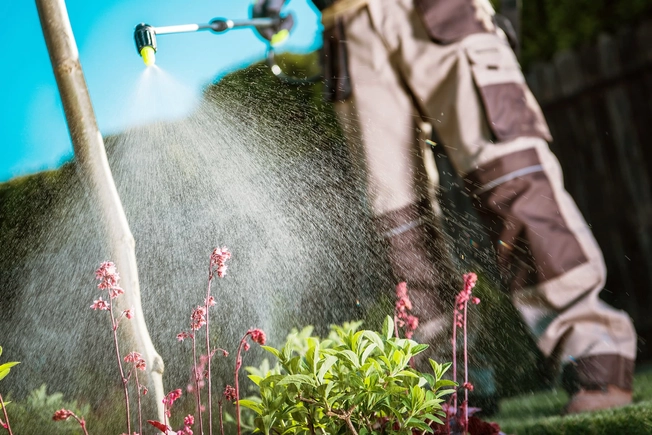
Pesticides
These chemicals keep bugs away from farm crops and your lawn. If you eat, touch, or breathe them, it might cause problems with your nerves, hormones, eyes, skin, and lungs, too. Farmworkers and others who use them are more likely to get lung problems like asthma and COPD. Masks, goggles, and special clothes can help protect anyone who works around pesticides.

Fireworks
Their color is created by different bits of metal that explode a fine powder into the air. This can trigger or worsen asthma and other lung and heart issues if you breathe it. Play it safe during a fireworks show by staying far from any drifting smoke. You could also use a breathing mask that filters particles.
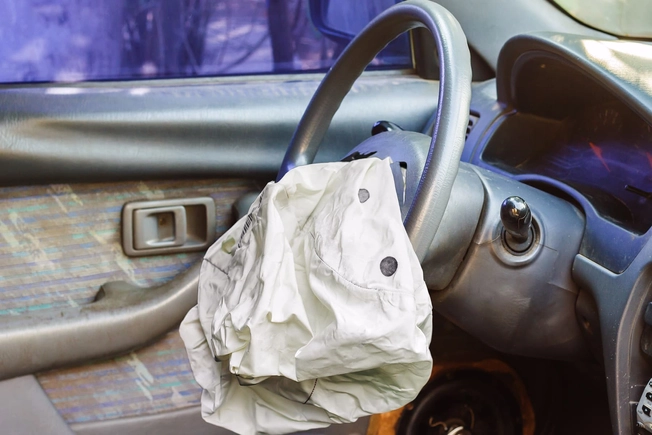
Airbags
A white, odorless chemical called sodium azide helps push these bags forward to protect you in a car crash. This creates a fine powder that may trigger asthma and other breathing problems. High levels might cause your lungs to fill with fluid. It could also irritate and inflame the walls of your lungs. Talk to your doctor right away if you notice lung problems after an airbag opens.
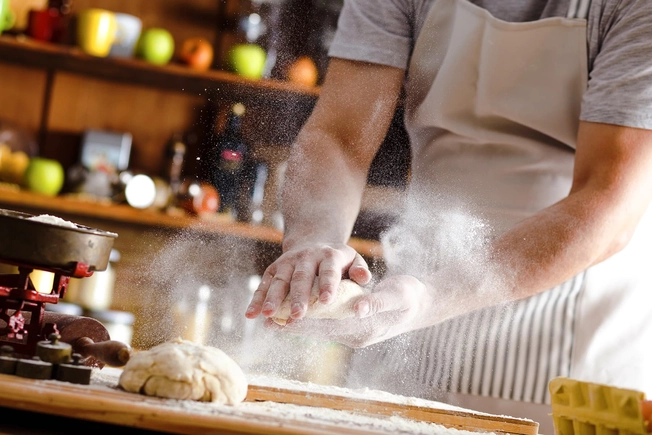
Flour
People who work as bakers cough, wheeze, and struggle for breath more than others. It may be from breathing all that flour. It's common enough to have its own name: baker's asthma. Over time it could worsen lung conditions like asthma and damage your lungs. And it seems to affect not only the baker, but their family as well, probably because of the dust carried home on clothes, skin, and hair.
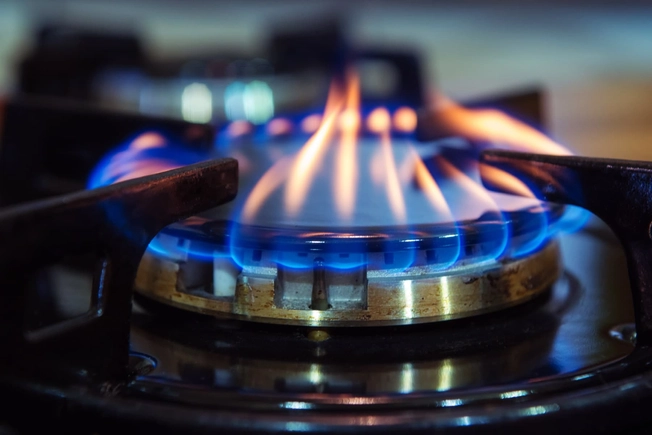
Gas Appliances
Cooktops, ovens, and space heaters can be hidden causes of lung problems. As gas burns, it makes a chemical called nitrous oxide that can inflame your lungs, make you cough and wheeze, and trigger asthma. You also make it when you burn wood, oil, coal, or kerosene. Make sure to install, clean, and maintain appliances properly, and pay extra attention to how well they send waste gases out of the house.
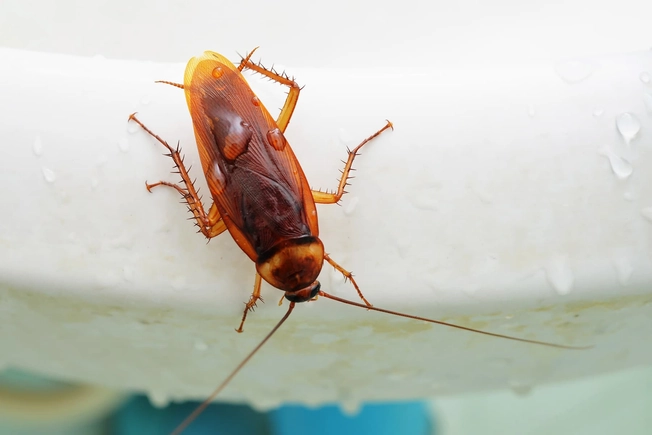
Cockroaches
Their poop and bits of their bodies turn to dust, which settles on your floors, bedding, and furniture. You breathe it in when it gets stirred up by activities like vacuuming. This can cause allergies and breathing problems. Preschool kids who come into contact with the stuff can develop asthma. It helps to keep your house as clean and dry as possible, especially fabrics and carpet.
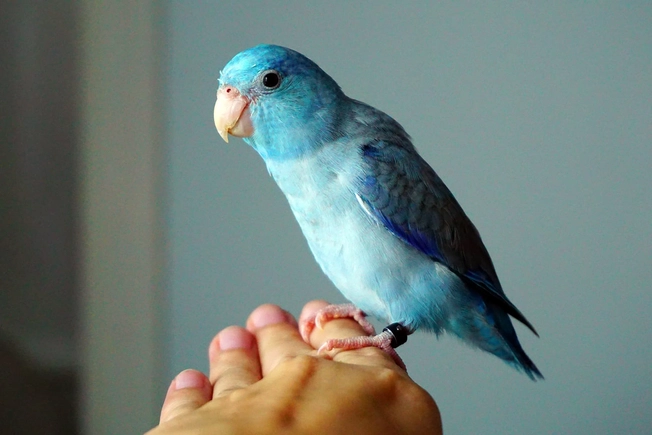
Birds
When some people breathe in airborne particles from bird feathers and poop, they get inflamed lungs and may end up with scar tissue there. It's sometimes called pigeon breeder's disease or bird fancier's lung. You may hear your doctor refer to it as hypersensitivity pneumonitis. Talk to a doctor if you notice symptoms after being around birds.
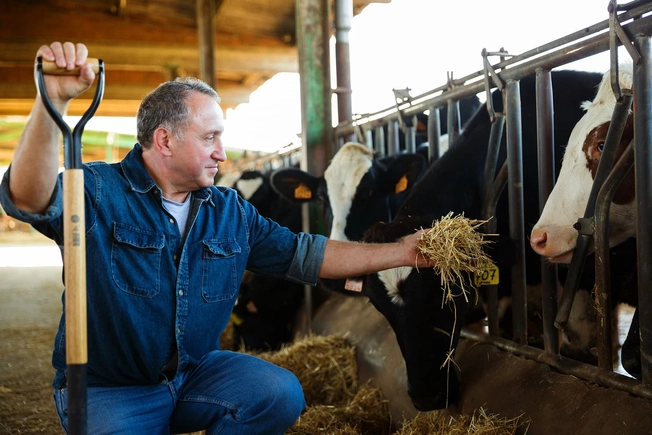
Farming
Farmer's lung is another type of hypersensitivity pneumonitis. Your immune system reacts to a mold that grows on grain, hay, or straw and inflames your lungs. It's worse on dairy farms, among cattle workers, and in places where it's wet at harvest time. The best thing to do is get away from the mold that causes it. Eventually, you might become less sensitive. Some drugs can cut down your allergic reaction.
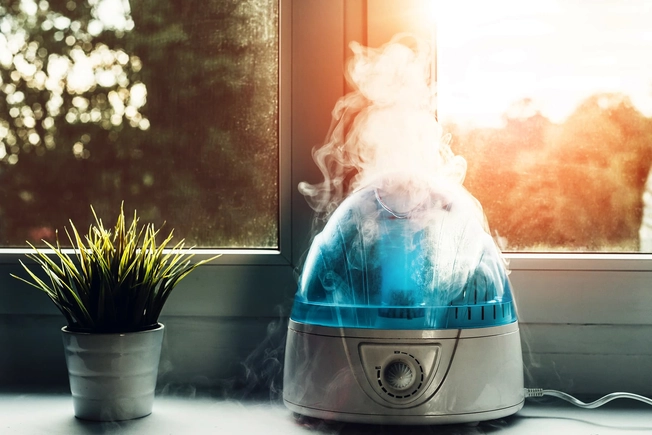
Humidifier
It looks harmless enough. All it does is put moisture into the air to help you breathe better. But it could hurt your breathing, too. That's because a fungus can grow in your humidifier and get blown into the air. The same problem might also happen in air conditioners and heating systems. Your lungs develop an allergy to the fungus and get inflamed. To avoid trouble, clean and service your heating and cooling system.

Your Hot Tub
Bacteria that develop in indoor hot tubs can enter your lungs when you breathe in the vapor created by the hot water. Your lungs may get inflamed and you could get a fever, cough, and breathing trouble. Be sure to clean and maintain hot tubs, showers, and pools, and see your doctor about any breathing problems.
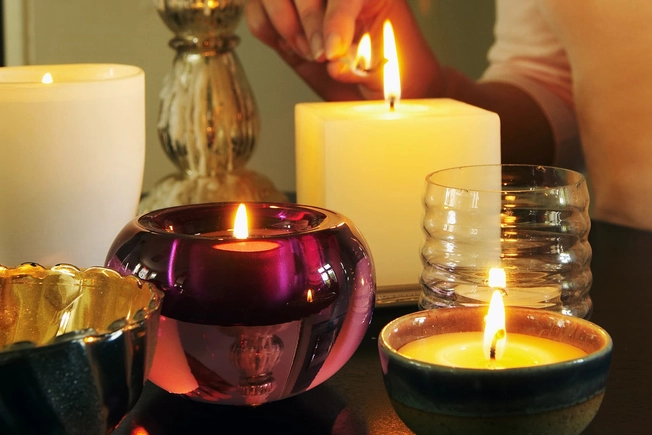
Candles
The most common type, made from petroleum-based paraffin, releases chemicals into the air that may raise your risk of allergic reactions, breathing problems like asthma, and even cancer. Occasional use is probably OK, but lighting up every day may not be a good idea over the long term. For safer options, try candles made from beeswax or soy, and make sure there is good airflow whenever you burn anything.